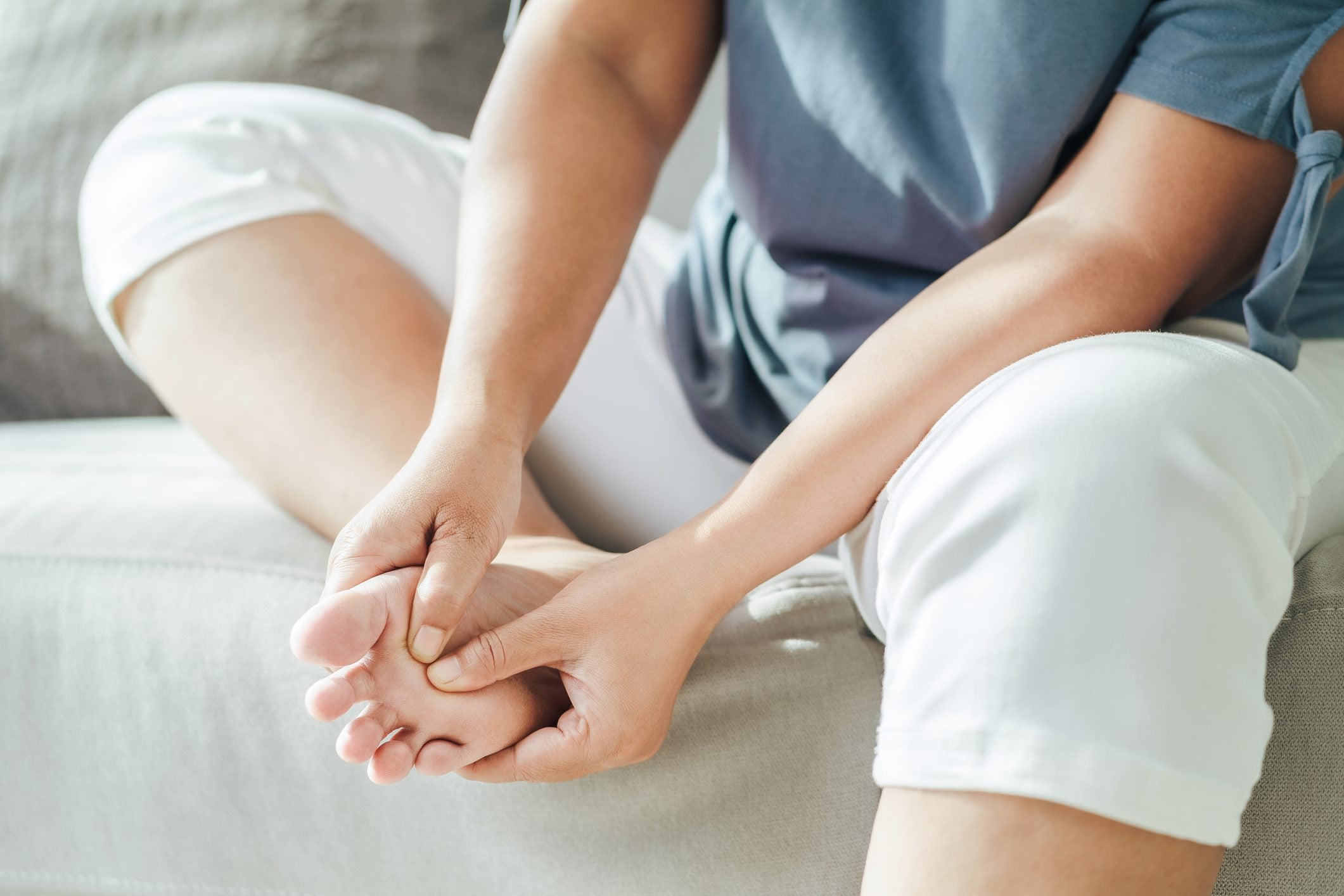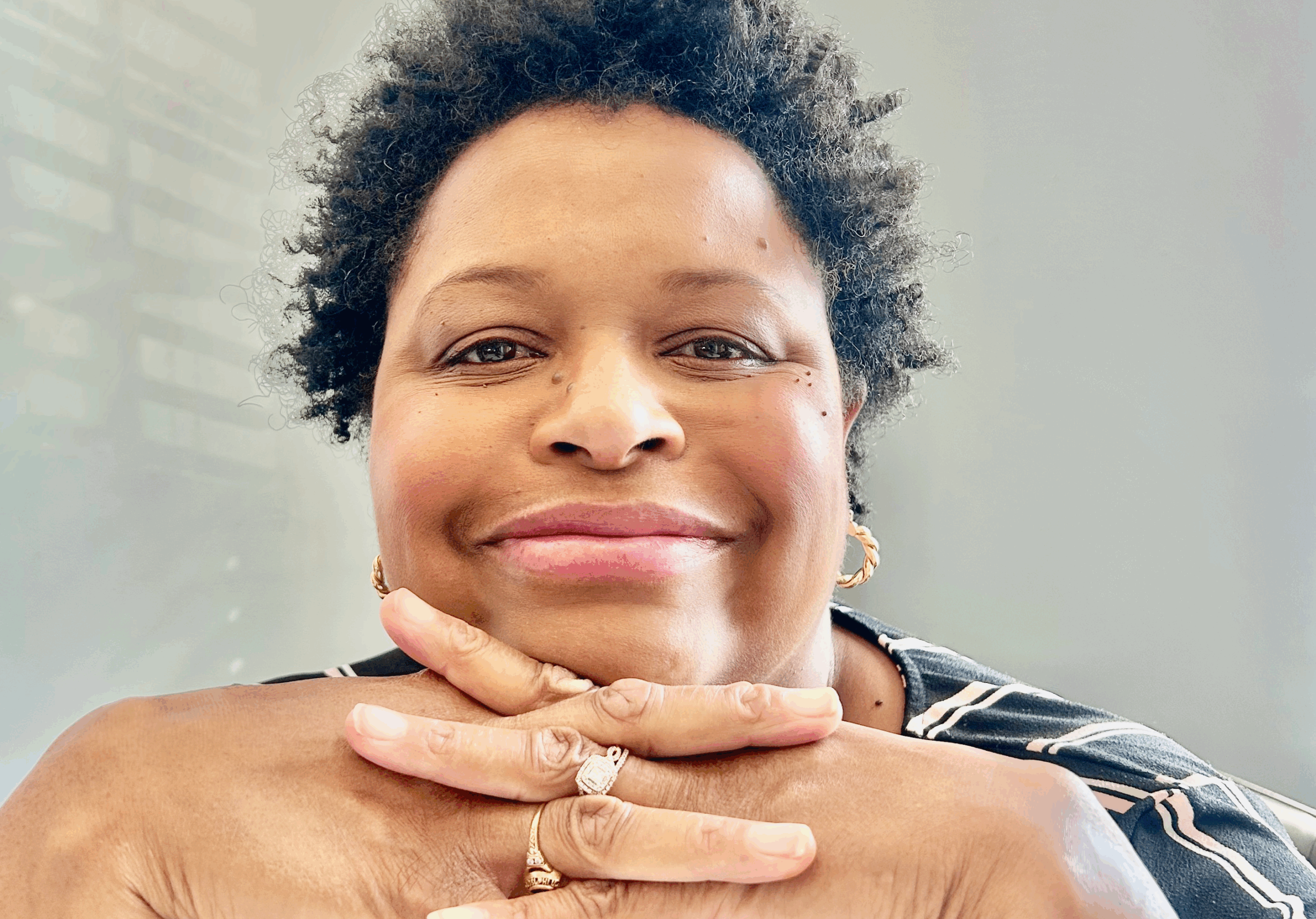
Published on Sep 02, 2024
Last modified on Dec 23, 2025
What a Women’s Sexual Health Expert Wants You to Know About Aging And Sexuality
5 min read

If you don’t already know her, meet Jackie Giannelli, FNP-BC, MSCP — Elektra’s Founding Nurse Practitioner and resident sexual health expert. We spoke with Jackie to learn more about the connection between aging, menopause, sexuality — and everything in between.
There’s a slew of factors that can impact our desire during menopause, including fluctuating hormones and our relationships themselves. For partnered women struggling with low libido, how can they determine which is the culprit?
Fluctuating hormones during perimenopause, especially the decline in estrogen and testosterone, can significantly impact libido. Like you noted, however, libido is also influenced by emotional and relational factors, which can make determining the cause tricky. Women can start by identifying whether physical symptoms like vaginal dryness or pain are present, which typically suggest a hormonal or physiologic influence.
Normalizing responsive desire is another important and often underappreciated concept in female sexuality. Essentially, when a woman in perimenopause begins to experience difficulty with arousal or diminished orgasm due to declining hormones, this can in turn cause a secondary decrease in desire. On the other hand, if low libido is related to emotional disconnect or stress, the relationship itself might be contributing more to the issue. It is rarely black and white, as there is a confluence of so many factors during this phase of life at play.
Normalizing responsive desire is another important and often underappreciated concept in female sexuality.
We’re talking a lot more about women’s sexuality these days, but that hasn’t always been the case, and not all couples are used to talking openly about sex. What advice do you have for women in long-term relationships who want to see a change in their partnered sex life, but are afraid of rocking the boat?
For couples with mismatched libidos and in long-term relationships, I often see patterns of behavior emerge that can involve avoidance and blame. When trying to get back to a mutually satisfying level of intimacy, I advise women to approach the conversation from a place of authenticity and honesty. Expressing the desire to deepen intimacy and understanding within the relationship can help ease the tension. Framing the discussion as a mutual exploration of how to enhance your connection can make it less intimidating. A great sex therapist can really help facilitate this!
READ MORE: How to Ask For What You Want in Bed
How can women begin to cultivate more intimacy in their relationships?
Intimacy involves more than just the physical aspect—it’s about building emotional closeness and understanding. Start with small, consistent acts of affection and appreciation. Prioritize quality time and shared experiences, which can deepen your emotional bond. Additionally, open and honest communication about needs and desires, along with mindfulness of each other’s feelings, can greatly enhance intimacy.
One of my favorite ways to cultivate this is through a game, like the In Tune couples card game from Rythm. It helps level the playing field by syncing up on beliefs, values and important interpersonal topics. Games are also a great way to learn, laugh and be brave enough to implement new behaviors that bring back that new relationship energy.
Intimacy involves more than just the physical aspect—it’s about building emotional closeness and understanding.
READ MORE: How To Talk To Your Partner About Libido
For women who have determined that their libido is being negatively impacted by menopause, what are their options and what do you recommend as a first step?
Women experiencing low libido due to menopause have several options. The first step is to consult a healthcare provider who understands menopause and sexual health. Hormone therapy (MHT) can be effective, and non-hormonal treatments like vaginal moisturizers, lubricants, toys, and lifestyle adjustments can also be beneficial. Never underestimate the powers of stress management and quality sleep! A comprehensive approach that considers both physical and emotional health is essential.
What sexual wellness product have you been recommending lately?
These days, I think that women are looking for ways to infuse more novelty and fun into their sex lives, both solo and partnered. Perimenopause and menopause can be challenging, so opportunities for pleasure are a nice antidote and a stress reliever! For couples, I have been recommending the new We-vibe Chorus vibrator, which also comes with a remote control to turn up the excitement. For self-care, my new favorite line of intimate wellness products from Antevorta is made with traditional Chinese herbs. Their products are vulva safe, smell amazing and come in travel-sizes for women on the go.
READ MORE:




